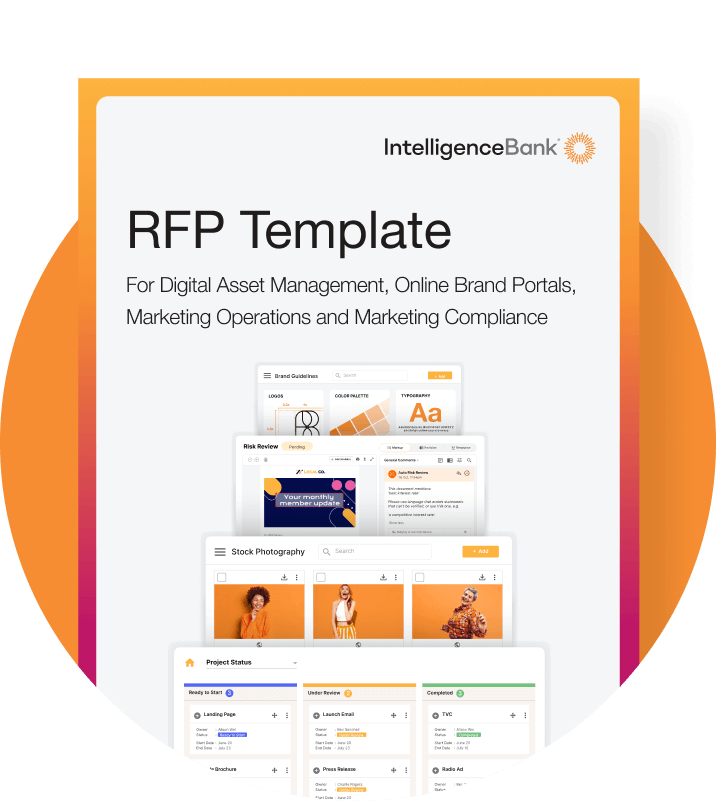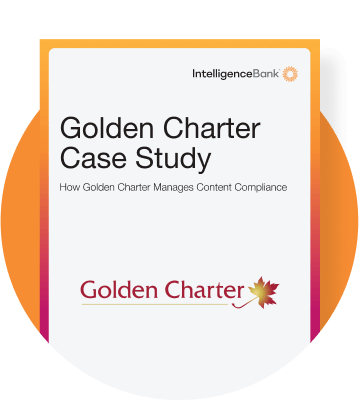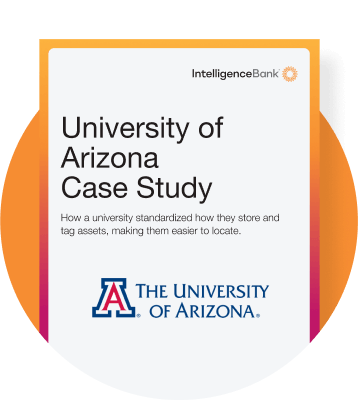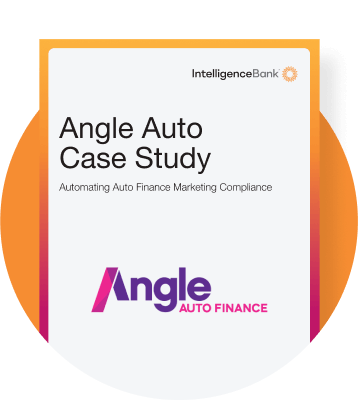For decades compliance professionals have been the guardians of brand integrity and regulatory adherence, carefully manually reviewing marketing materials with meticulous attention to detail. These human-led reviews remain essential, but today’s marketing environment presents unprecedented challenges.
The volume and velocity of content has exploded. Where teams once reviewed dozens of assets weekly, they can now face hundreds daily when you factor in social media, programmatic ads, and web pages. Simultaneously, the regulatory landscape has grown more complex, with new guidelines around sustainability claims, data privacy, and disclosures emerging, (and changing), constantly.
- Handle initial triage of high-volume content
- Flag potential issues for expert review
- Provide real-time guidance during content creation
- Maintain consistency across global campaigns
The goal isn’t to replace human judgment – it’s to empower compliance professionals with tools that match the scale and complexity of modern marketing. AI Agents are those tools. They serve as force multipliers, allowing experts to focus their attention where it adds the most value, such as making strategic decisions, and shaping ethical marketing practices.
This collaborative approach preserves the irreplaceable human elements of compliance – professional judgment, ethical reasoning, and strategic thinking – while addressing the operational realities of today’s content-driven marketplace.
What Exactly are AI Agents?
An AI Agent is a task-specific assistant that does far more than generate content or answer questions. Trained in a specific domain, it applies specialized knowledge to reason, make decisions, and act autonomously without constant human oversight. In essence, they understand and act within the boundaries of its expertise.
Example: Can monitor inventory levels, predict shortages and place orders with suppliers to optimize logistics.
Example: Trained on a company’s FAQs it can resolve common issues (e.g., refunds, tracking orders) by understanding intent, retrieving data, and executing actions without human involvement.
Example: Learns residents habits to adjust lighting, temperature, and security settings autonomously.
What can an AI Agent do in the Context of Marketing Compliance?
- Decode implied risks (e.g., “gentle enough for babies” may trigger FDA scrutiny, while “helps soothe” skirts it).
- Initiate smart workflows (auto-suggest edits, log corrective actions, or escalate complex judgments to humans).
- Navigate nuance (distinguishing between acceptable disclaimer language and high-risk headline claims).
A traditional AI tool might scan for banned terms like ‘risk-free’ in financial promotions. An AI Agent, however, goes deeper. It understands whether that phrase appears in a disclaimer (acceptable) or a headline (risky). It knows when ‘eco-friendly’ requires substantiation to avoid greenwashing allegations. It flags tonal inconsistencies that could dilute a brand’s voice, even if the wording is technically compliant.
Why AI Agents are Changing the Compliance Game
- Regulatory bodies like the FTC, FCA and the ACCC are cracking down harder than ever on misleading claims, while consumers (and activists) scrutinize sustainability promises vigilantly.
- At the same time, generative AI has flooded marketing channels with content that’s often unchecked for compliance. Manual reviews simply can’t scale to meet this challenge.
The combination of their capacity for autonomous action and precision is the key reason driving Compliance teams to deploy AI Agents. It allows them to both keep up with punishing content approval volumes and regulatory demands. Here are some overall strengths AI Agents bring to Marketing Compliance:
- Detects both clear and subtle risks
- Understands context and intent to handle exceptions
- Processes unstructured content like text and images
- Learns from fewer examples and improves over time
- Adapts quickly to different formats and scenarios
- Suggests compliant alternative copy when needed
- Fast to deploy and scales easily across campaigns
They understand industry-specific nuances
They reduce the burden on legal teams
They keep pace with emerging risks
Where AI Agents Are Making an Impact?
Greenwashing detection
Over-Promissory Language in Regulated Industries
Brand Risk and Reputational Safeguards
The Future of AI Agents and What Marketers Should Watch For
Industry-specific Agents will proliferate
Explainability will be non-negotiable
Human oversight will remain central
Why AI Agents Matter to Your Marketing Team
The rise of AI Agents isn’t just a tech trend, it’s a strategic shift in how compliance functions. Teams that adopt this early will gain:
- Faster time-to-market – Reduce back-and-forth with legal.
- Fewer costly mistakes – Catch risks before they go live.
- Stronger brand trust – Avoid viral backlash or regulatory fines.
- Scalable compliance – Keep up with AI-generated content.




